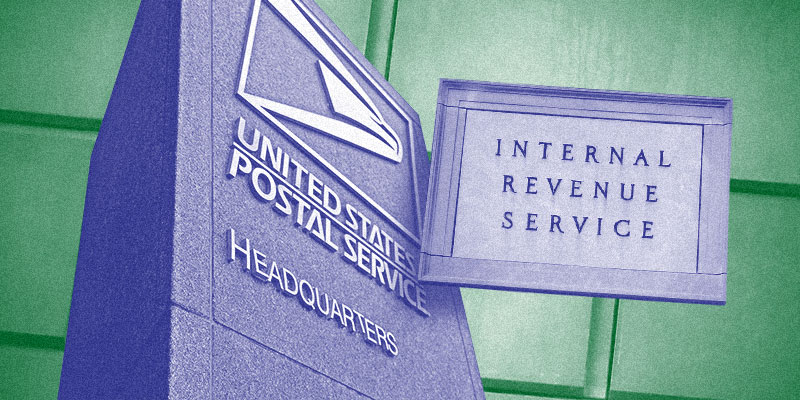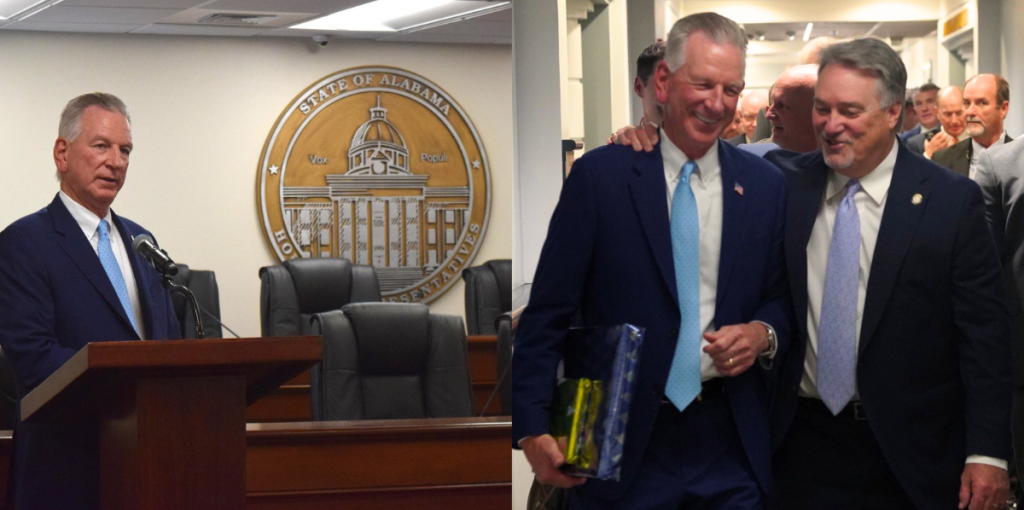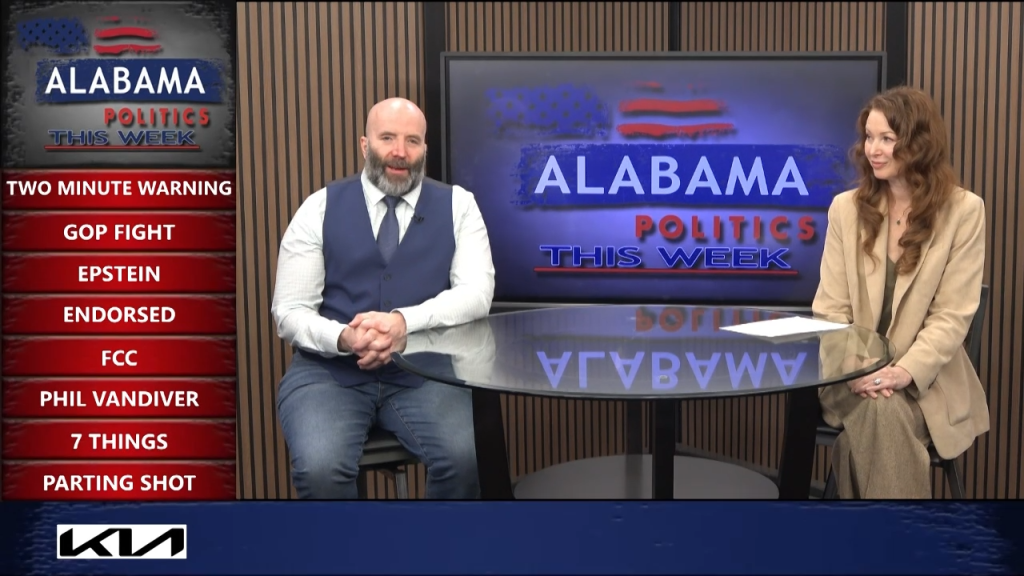
Shopping with Amazon Prime has made my life better. But has Amazon improved the U.S. economy? Several forms of government help may account for Amazon’s success. Ensuring that success constitutes progress becomes challenging when government and business are entangled.
Online retailing has clearly benefitted residents of America’s small towns and rural areas. Our shopping options now rival those of urbanites, which historically is unprecedented. And yet three types of government help render an assessment of Amazon’s contribution to progress for the economy problematic.
First, customers long avoided paying sales taxes. Online retailers were exempted from collecting sales taxes in states where they lacked a physical presence. Sales taxes typically run between 8 and 10 percent and are the largest revenue source for state and local governments.
Amazon now collects sales tax for most states. But how many customers were lured online initially to avoid sales tax? Economists have measured the impact as Amazon started collecting sales taxes. One study estimated that their sales fell almost 10 percent and brick-and-mortar retailers’ sales increased in states where Amazon began collecting taxes in 2013.
U. S. Postal Service shipping rates have further helped Amazon. The help here is via a cross-subsidy that may be as much as $1.46 per package. Regulated businesses and government enterprises typically charge some customers a price above cost and use these “profits” to subsidize sales below cost. Economists believe that the Postal Service uses its first class mail monopoly to cross-subsidize other activities. The $1.46 per box figure relies on many assumptions and may be too large. Whatever the exact figure, packages likely get favorable rates.
Finally, Amazon has received economic development incentives from numerous governments, including sales and property tax exemptions, business tax credits, and government-paid employee training and road improvements. Data from the subsidy watchdog group Good Jobs First shows that Amazon received over $600 million in incentives over a decade for building large warehouses, and another $240 million since 2015 to build order fulfillment centers. Amazon is currently choosing a location for a second headquarters, or HQ2, with twenty finalist cities offering up incentives in pursuit of the projected 50,000 new jobs. Maryland has offered a $5 billion package and still trails New Jersey’s $7 billion offer.
Government assistance raises both fairness and economic concerns. Traditional retailers have struggled to meet the challenge of online retailing. While we might observe that competition is often demanding, the rigors are often bearable because everyone plays by the same rules. Brick-and-mortar retailers’ complaints of unfair advantages for online retailers due to sales tax avoidance have merit.
The economic concern involves success. Successful businesses in the market must provide value to customers. Amazon’s free two-day shipping on thousands of items for Prime members requires a sophisticated inventory and delivery system. Amazon’s warehouses, fulfillment centers, and delivery vans are part of that system. Amazon is now experimenting with drone delivery, and hopes to offer same day delivery in major cities.
Such efforts serve customers but are also costly. Only a market test reveals if Prime membership creates value for the economy: Will people pay enough to make Amazon willing to offer the membership? We learn that e-commerce constitutes progress for our economy when it succeeds in competition with brick-and-mortar stores. Let everyone try their best, and let customers decide.
And yet if one competitor has the government pay some of their costs, they can succeed and not create value. Government assistance severs the link between success in the market and economic progress. Economists can then try to guess. For instance, the government incentives pale in comparison with Amazon’s 2017 sales of nearly $180 billion. But modest help may make all the difference given retail’s razor-thin margins. The market is far more reliable than economists’ guesses.
America’s economy has changed radically over the decades. We benefit, however, from progress and not just change. We need our governments to stop helping Amazon and other businesses so that we know that success means progress.
Daniel Sutter is the Charles G. Koch Professor of Economics with the Manuel H. Johnson Center for Political Economy at Troy University.












